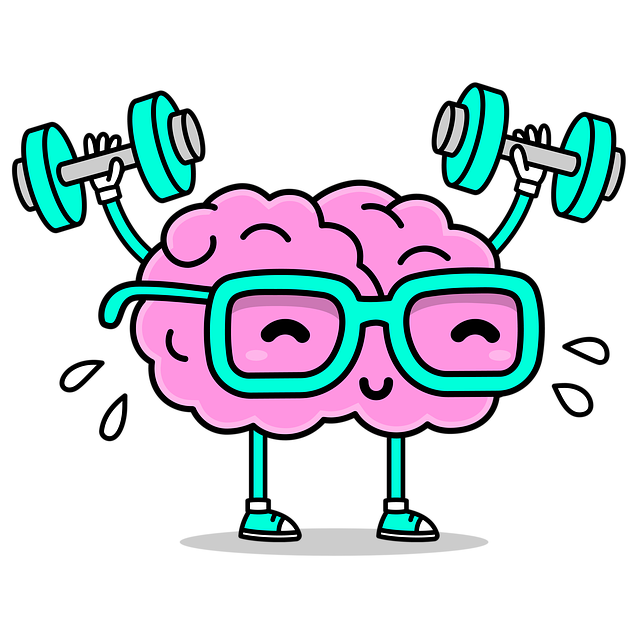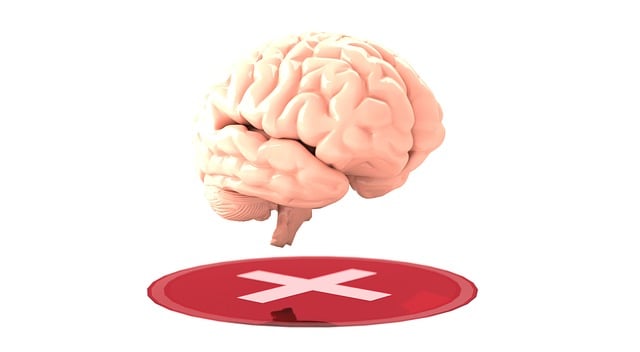Depression among young adults, adolescents, and teens is a growing concern, with early intervention crucial. Common symptoms include persistent sadness, changes in appetite/sleep, fatigue, and thoughts of self-harm. Effective treatments like Cognitive Behavioral Therapy (CBT) identify negative thought patterns and teach coping strategies. Self-care practices, community outreach programs, and burnout prevention for healthcare providers are key components of prevention strategies. Integrated therapy models combining CBT with mindfulness or social skills training have proven beneficial, fostering resilience and healthy peer relationships. These comprehensive approaches aim to build lasting mental resilience in young individuals through tailored support and safe spaces for trauma processing.
Depression among young adults is a growing concern, yet preventable with the right strategies. This article delves into crucial aspects of recognizing early signs in adolescents and teens, exploring effective therapeutic approaches tailored for their unique needs. From cognitive-behavioral therapy to mindfulness practices, we provide a comprehensive guide. Additionally, we emphasize building resilience and healthy coping mechanisms for long-term mental well-being. By understanding these prevention strategies, parents, educators, and peers can better support young adults in navigating their mental health journeys.
- Recognizing the Signs and Symptoms of Depression in Young Adults
- Therapeutic Approaches for Adolescents and Teens: A Comprehensive Look
- Building Resiliency and Coping Mechanisms for Long-Term Mental Well-being
Recognizing the Signs and Symptoms of Depression in Young Adults

Depression among young adults is a growing concern, but recognizing the signs early can make all the difference. Adolescents and teens might exhibit subtle changes in behavior or mood that could be indicators of a deeper issue. Common symptoms include persistent feelings of sadness, loss of interest in activities once enjoyed, changes in appetite and sleep patterns, fatigue, difficulty concentrating, and even thoughts of self-harm. These can manifest as a low grade unease or a more intense, pervasive gloom that impacts daily functioning.
Seeking therapy for young adults is an effective way to address these concerns. Cognitive Behavioral Therapy (CBT), for instance, helps individuals identify and change negative thought patterns while teaching coping strategies for stress management. Incorporating self-care practices tailored to their needs can also be beneficial. This might involve encouraging regular exercise, fostering social connections, setting realistic goals, and practicing mindfulness techniques. For healthcare providers, burnout prevention strategies are crucial in identifying and supporting young adults at risk, ensuring they receive the appropriate care without succumbing to professional exhaustion.
Therapeutic Approaches for Adolescents and Teens: A Comprehensive Look

Depression prevention strategies for adolescents and teens involve a range of therapeutic approaches designed to support this vulnerable age group. Cognitive Behavioral Therapy (CBT) is a commonly recommended method, focusing on identifying and changing negative thought patterns and behaviors that contribute to depression. This evidence-based practice helps young adults develop coping skills, enhance their ability to manage stress, and improve overall mood regulation.
Additionally, integrated therapy models that combine elements of CBT with mindfulness practices or social skills training have shown promise. These comprehensive approaches not only target symptoms but also foster resilience, emotional intelligence, and healthy peer relationships. Community outreach programs play a vital role in reaching adolescents and teens, offering early interventions and support networks, as well as promoting anxiety relief and coping skills development through group therapy sessions and educational initiatives.
Building Resiliency and Coping Mechanisms for Long-Term Mental Well-being

Depression prevention strategies focus on building resiliency and coping mechanisms to promote long-term mental well-being, especially in young adults, adolescents, and teens. Resiliency refers to an individual’s ability to adapt positively to challenges, setbacks, and stress. Through therapy for young adults, adolescent, and teen populations, professionals can help them develop skills to navigate life’s difficulties. This includes fostering positive relationships, enhancing problem-solving abilities, and cultivating healthy coping strategies.
Incorporating self-care routine development for better mental health is a crucial component of this process. By prioritizing burnout prevention, individuals learn to recognize signs of exhaustion and take proactive measures to restore balance. Trauma support services also play a significant role, offering safe spaces to process past traumas that can contribute to depressive symptoms. These comprehensive approaches empower young people to build resilience, ensuring they have the tools necessary to maintain mental well-being throughout their lives.
Depression among young adults can be effectively addressed through a multi-faceted approach. Recognizing early signs, understanding therapeutic options tailored for adolescents and teens, and cultivating resilient coping mechanisms are key strategies to prevent and manage depression. By combining these methods, parents, caregivers, and mental health professionals can empower young adults to lead happier, more fulfilling lives. Therapy for young adults, particularly when focused on adolescents and teens, plays a pivotal role in fostering long-term mental well-being.











